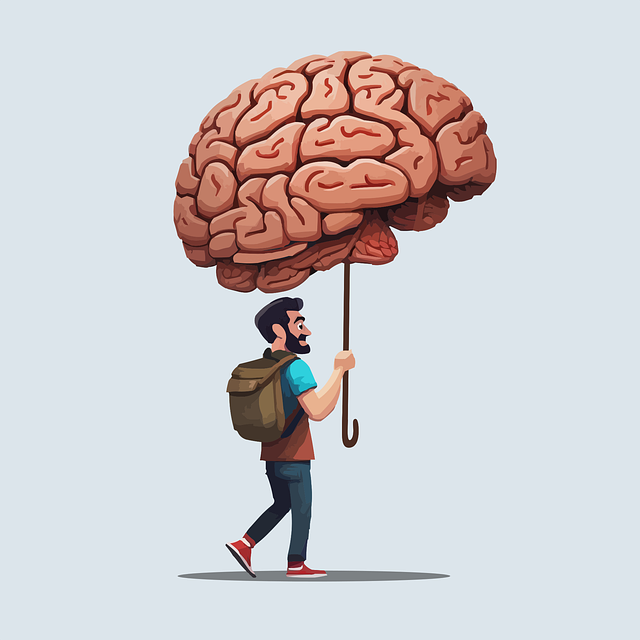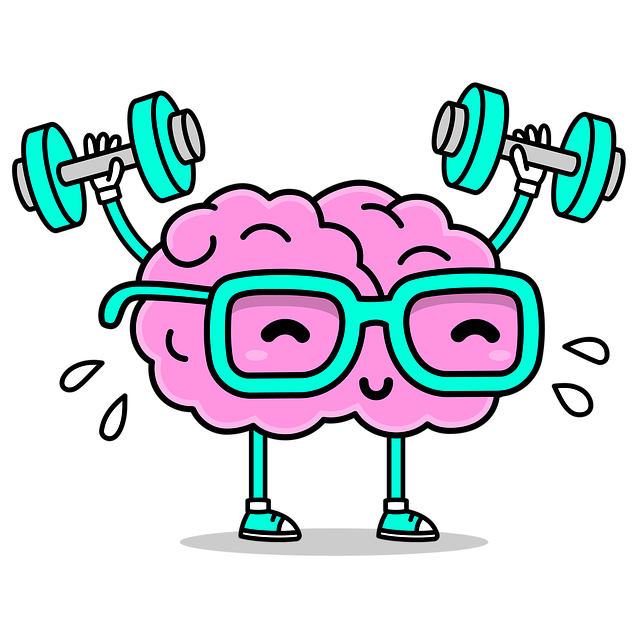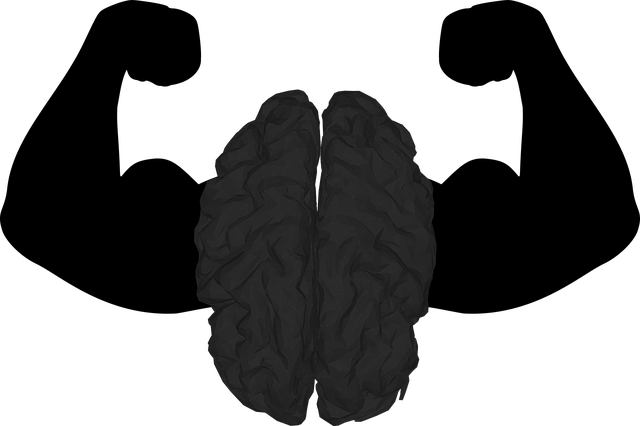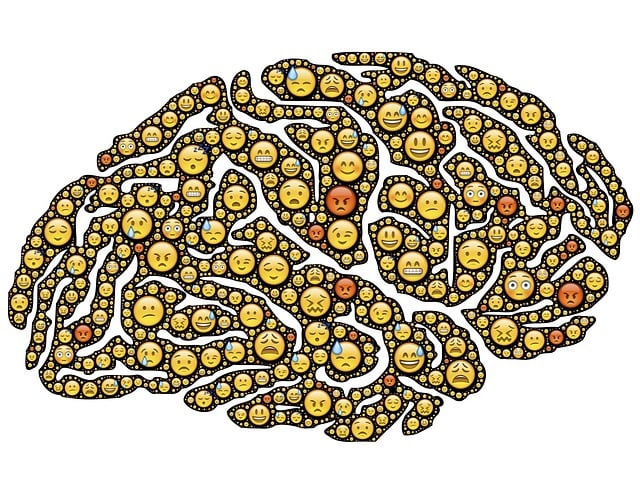Depression, a serious mental health condition, significantly impacts daily life and well-being, especially for individuals with developmental disabilities in Denver. Early recognition through understanding common signs like persistent sadness, changes in appetite/sleep, fatigue, and concentration issues is crucial for timely intervention in Denver developmental disability therapy. Seeking help promptly, promoting emotional well-being through open dialogue and professional assistance, adopting healthy lifestyles (including regular exercise, balanced nutrition, consistent sleep, and mindful hobbies), and combining these with specialized therapy sessions prevent and manage depressive episodes, fostering happier lives. Effective depression prevention in Denver relies on professional support, evidence-based practices like CBT and IPT, public awareness campaigns, and clear communication to destigmatize mental health issues and cater to unique needs.
Depression is a prevalent yet treatable condition, and preventing it is essential for overall well-being. If you’re in or around Denver and seek support for yourself or someone with a developmental disability, this guide offers valuable insights. We’ll explore key strategies to recognize and combat depression, focusing on lifestyle adjustments that promote mental health resilience. Additionally, we’ll delve into the role of professional therapy and treatment options available in the Denver area.
- Recognizing Depression: Signs and Symptoms to Watch For
- Lifestyle Changes for Improved Mental Health
- Professional Support: Therapy and Treatment Options for Depression Prevention
Recognizing Depression: Signs and Symptoms to Watch For

Depression is a serious mental illness that can significantly impact an individual’s daily life and overall well-being. Recognizing the signs and symptoms early on is crucial in Denver developmental disability therapy, as it allows for timely intervention and support. The first step towards prevention is understanding what to look out for.
Common indicators of depression include persistent feelings of sadness or hopelessness, a loss of interest in activities once enjoyed, changes in appetite and sleep patterns, fatigue, difficulty concentrating, and thoughts of worthlessness or suicide. These symptoms can vary from person to person, but if you or someone close to you experiences several of these signs for more than two weeks, it may be cause for concern. Emotional well-being promotion techniques often begin with acknowledging and discussing these feelings openly, fostering a supportive environment, and encouraging professional help-seeking. By reducing the mental illness stigma through education and open dialogue, individuals are more likely to seek assistance early on, which is vital in managing and preventing depression.
Lifestyle Changes for Improved Mental Health

Adopting a healthy lifestyle can significantly impact mental health, which is especially important for individuals with developmental disabilities in Denver who may face unique challenges. Regular physical activity, for instance, releases endorphins that enhance mood and reduce stress. Simple changes like incorporating daily walks or engaging in accessible exercises tailored to their abilities can make a difference. A balanced diet is another cornerstone; nutritious foods fuel the brain and body, improving overall well-being.
Additionally, maintaining a consistent sleep schedule and limiting alcohol consumption are vital. Alcohol, while temporarily numbing emotions, often exacerbates depression over time. Instead, promoting relaxation through mindfulness practices or engaging in hobbies can provide healthier coping mechanisms. These lifestyle adjustments, when combined with regular therapy sessions, offer powerful tools for managing and preventing depressive episodes, supporting individuals with developmental disabilities to lead happier and more fulfilling lives.
Professional Support: Therapy and Treatment Options for Depression Prevention

Depression prevention strategies often include professional support from therapists and mental health professionals who can provide effective therapy and treatment options. In Denver, developmental disability therapy has evolved to incorporate a range of evidence-based practices tailored to address depression in individuals with special needs. These therapeutic approaches may involve cognitive-behavioral therapy (CBT), which helps identify and change negative thought patterns and behaviors contributing to depression.
Additionally, other treatment modalities such as interpersonal therapy (IPT) can foster better relationships and communication strategies, reducing social isolation that often exacerbates symptoms of depression. Public awareness campaigns development plays a crucial role in destigmatizing mental health issues, encouraging individuals to seek help early on. Effective communication strategies are also vital for ensuring support systems understand the unique needs of those dealing with depression, whether it’s anxiety relief or more complex conditions.
In preventing depression, a multi-faceted approach is key. By recognizing signs early through awareness of symptoms, adopting lifestyle changes that promote mental well-being, and seeking professional support when needed, individuals in Denver with developmental disabilities can effectively navigate and overcome challenges. Denver Developmental Disability Therapy offers valuable resources for those looking to implement these strategies, fostering resilience and enhancing overall mental health.














